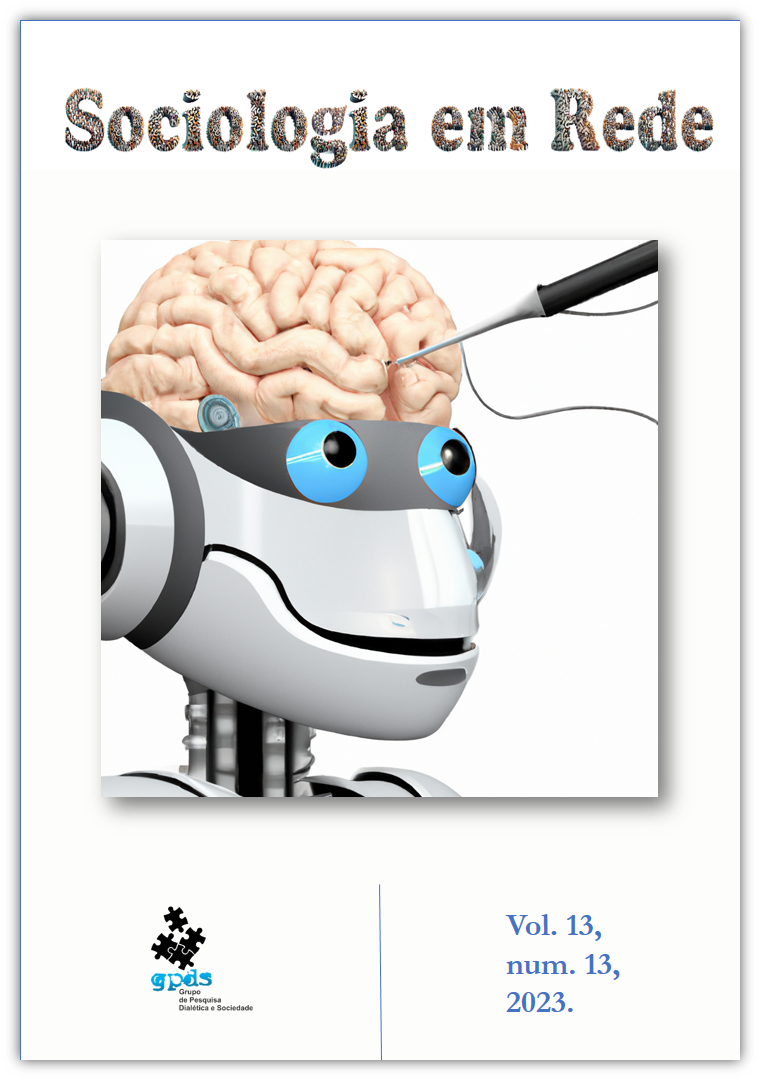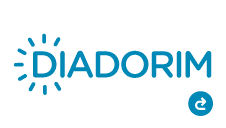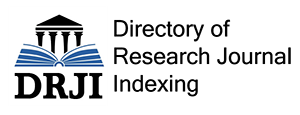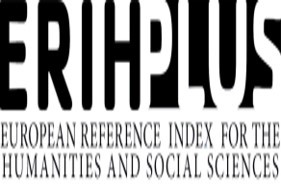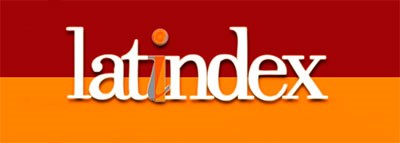A precarização do trabalho docente no contexto da crise pandêmica
Palavras-chave:
Trabalho docente, Precarização do Trabalho, PandemiaResumo
RESUMO
Este artigo objetiva apresentar o trabalho docente, de forma geral, e a precarização do trabalho docente, por meio do ensino remoto durante o distanciamento social, que vem ocorrendo desde 2020 como medida utilizada pelos governantes no sentido de evitar a contaminação do coronavírus. Nessa via, questiona-se: como pensar a práxis docente no período de distanciamento? O que diferencia o trabalho docente? Como as aulas gravadas e disponibilizadas em um hospedeiro digital interferem na criatividade e inventividade do trabalho docente? Morin (2000) destaca os quatros pilares básicos e essenciais, preconizados pela UNESCO, a um novo conceito de educação: aprender a conhecer, aprender a viver juntos, aprender a fazer e aprender a ser. Com base em tais fundamentos, discute-se o papel do trabalho docente no século XXI. Entendemos que os dilemas dos educadores, nesses novos tempos, estão centrados em três questionamentos: O que ensinar? Como ensinar? Para que ensinar? Diante deste quadro, partimos da premissa de que o trabalho docente deverá enfatizar sua função educativa e que a base deve ser alicerçada em um conjunto de valores que possibilite alterar percepções, maneiras de pensar e instaure a cooperação e a sabedoria em detrimento do tecnicismo. Objetiva ainda, em primeiro plano, a dimensão ontológica da educação, examinando a origem de sua relação com o trabalho.
Palavras-chave: Trabalho docente; Precarização do Trabalho; Pandemia.
ABSTRACT
This article aims to present teaching work, in general, and the precariousness of teaching work, through remote teaching during social distancing, which has been taking place since 2020 as a measure used by government officials to avoid contamination of the coronavirus. In this way, the question is: how to think about the teaching praxis in the period of distancing? What sets the teaching apart? How do classes recorded and made available on a digital host interfere with the creativity and inventiveness of teaching work? Morin (2000) highlights the four basic and essential pillars, recommended by UNESCO, for a new concept of education: learning to know, learning to live together, learning to do and learning to be. Based on these foundations, the role of teaching in the 21st century is discussed. We understand that educators' dilemmas, in these new times, are centered on three questions: What to teach? How to teach? Why teach? In view of this scenario, we start from the premise that teaching work should emphasize its educational function and that the base should be based on a set of values that allows changing perceptions, ways of thinking and establishes cooperation and wisdom to the detriment of technicalities. It also aims, in the foreground, at the ontological dimension of education, examining the origin of its relationship with work.
Keywords: Teaching work; Precariousness of Work; Pandemic.

